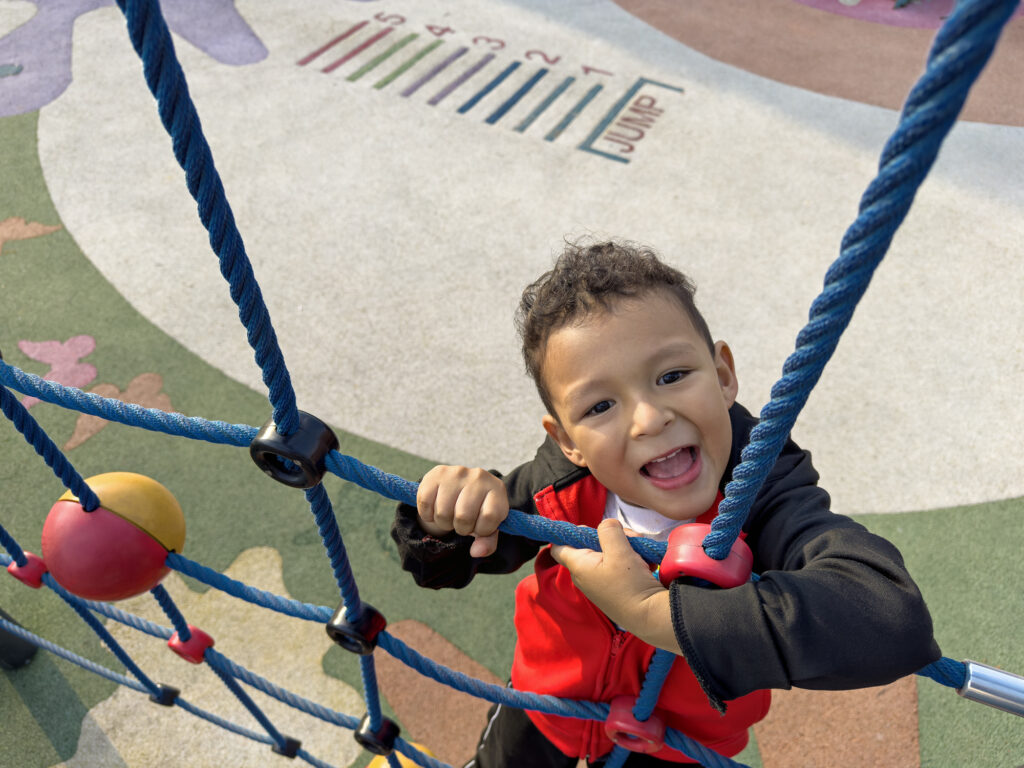Watching your child grow and change at age five can be both exciting and a little overwhelming. At this stage, developmental milestones for 5 years old become more noticeable, as children begin to take on new responsibilities, start kindergarten, and display major leaps in how they think, communicate, and interact with others. If you’re wondering what typical milestones to expect from a 5-year-old, you’re not alone. Many parents have similar questions, especially if they’re concerned about their child’s development.
Here’s a simple breakdown of key developmental milestones for 5-year-olds, and what you can do if something doesn’t feel quite right.
Social and Emotional Development in 5 Year Olds
At this age, children begin to understand more about relationships and how to handle their emotions.
- Wants to please friends and be like them
- Shows concern and sympathy for others (like offering a toy to a sad friend)
- Follows rules more easily (especially when playing games)
- Wants to be independent, but may still seek adult help for comfort or support
- Can separate from parents more easily, especially when going to school
Every child is different, but by five, most children start forming close friendships and learning how to cooperate and take turns – an important social developmental milestone for 5 years old.
Language and Communication Milestones for 5-Year-Olds
By five, many kids have strong language skills. They enjoy talking, asking questions, and telling stories.
- Speaks clearly most of the time, so that people outside the family can understand
- Can tell a simple story using full sentences
- Knows the name and address
- Uses future tense in conversation (“We will go to the park tomorrow”)
- Follows multi-step directions, like “Get your shoes, put them on, and grab your backpack.”
If your child seems to struggle with speech or doesn’t enjoy talking, it’s okay to seek advice. Language development is a key part of the developmental milestones for 5 years old.
Cognitive and Learning Milestones in 5 Year Olds
Five-year-olds are curious and love to learn about how things work. Their thinking becomes more organized and creative.
- Can count ten or more objects
- Knows about things used every day, like money, food, or household items
- Recognizes most letters, and may start to connect letters to sounds
- Understands time words, such as today, tomorrow, and yesterday
- Can draw a person with at least six body parts
Many kids at this age enjoy puzzles, memory games, and pretend play – examples of cognitive developmental milestones for 5 years old.
Physical Development Milestones for 5 Year Olds
Physically, five-year-olds have more control over their bodies and are usually very active. They’re also improving their fine motor skills.
- Can hop, skip, and stand on one foot for 10 seconds or more
- Can swing, climb, and ride a tricycle or bike with training wheels
- Uses a fork and spoon well
- Draws simple shapes and can copy letters
- Can use the bathroom independently
Gross and fine motor skills are an important part of physical developmental milestones for 5-year-olds. Many children at this age love dancing, running, or just being on the move.
When to Reach Out About Developmental Concerns at Age 5
Every child develops at their own pace, but some signs might suggest a need for a closer look. Talk to your child’s doctor or a child development specialist if your 5-year-old:
- Avoids playing with other kids
- Struggles with speech or is hard to understand
- Has trouble focusing or following simple directions
- Seems unusually withdrawn or aggressive
- Can’t perform simple physical tasks like climbing stairs or holding a crayon
The earlier concerns are addressed, the easier it is to support your child’s growth. Understanding developmental milestones for 5-year-olds helps you feel more confident as a parent. Remember that development isn’t a race – kids grow at their own pace. But if you have concerns, trust your instincts. Early support can make a big difference, and there are resources to help you along the way. Let your child play, explore, ask questions, and just be a five-year-old.
Curious about what to expect at age 6? Click here to explore key developmental milestones for 6-year-olds.



